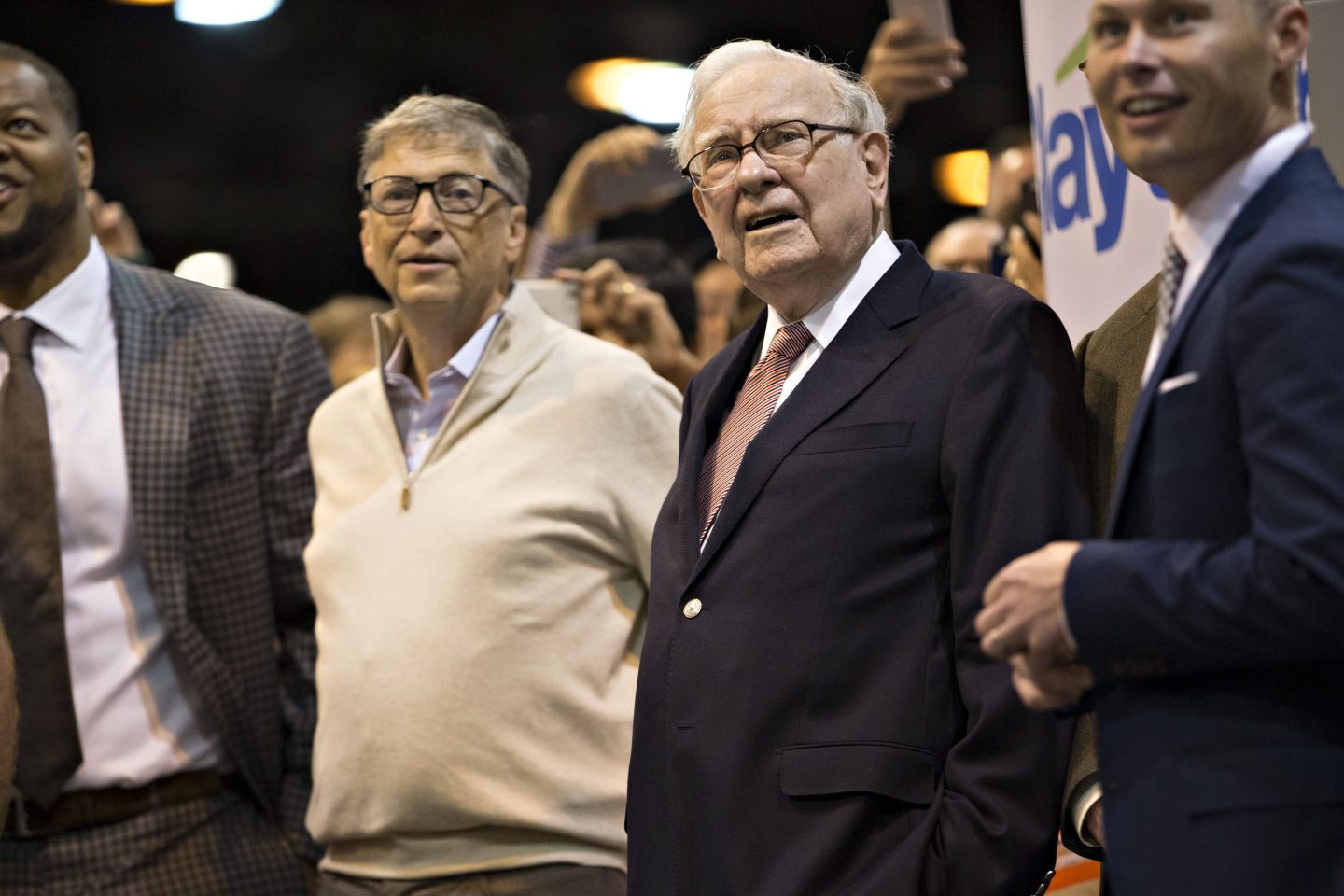Hello friends and Fortune readers.
U.S. stock futures are mixed this morning, while European shares are mostly higher as traders wait for word on how the European Central Bank plans to handle its 1 trillion euro stimulus. Asian indexes closed the day mostly mixed.
If you’re at work reading this, check out Fortune’s 2015 list of the 100 Best Companies to work for. Did your employer make this year’s list?
Here’s what else you need to know today.
1. China lowered its growth target for the year.
Chinese Premier Li Keqiang lowered the nation’s target for economic growth this year to “approximately 7%” from a previous estimate of 7.5% when he opened China’s legislative session with his state-of-the-nation report. Keqiang warned that China needs to overcome a number of economic issues, including removing impediments to private enterprise and eliminating inefficiencies, in order to maintain its historically high growth rates. He went on to announce new policies and programs that would support private enterprise and move the nation away from its dependence on government-led investment.
2. AbbVie goes big with its Pharmacyclics purchase.
AbbVie (ABBV) trounced Johnson & Johnson (JNJ) in its bid to win cancer drugmaker Phamacyclics (PCYC) with a last-minute offer that clinched the deal. AbbVie will pay $21 billion using a mix of cash and stock. The $261.25 a share offer beat out J&J’s $250 a share bid, reported Bloomberg. The purchase will help AbbVie expand into the lucrative cancer therapy area and help reduce its dependence on its top-selling rheumatoid arthritis drug Humira. The Chicago, Ill.-based drugmaker will gain control of Imbruvica, which is approved to treat four different blood cancers at a cost of $100,000 a year.
3. U.S. bank stress test results are due.
The Federal Reserve will reveal the results of the most recent stress tests on U.S. banks, providing judgment on whether or not these institutions can weather financial shocks. The tests require lenders to estimate losses on various loans using a standard set by the Fed, which the regulator then uses to determine the resiliency of the whole financial system. The annual tests are a requirement set under the 2010 Dodd-Frank financial reform bill. The Fed will rule on capital ratios today. Next week, it will judge if the banks are healthy enough to pay dividends.
4. Euro drops amid stimulus news.
The euro dropped to an 11-year low as investors and officials digested news this morning that the European Central Bank left interest rates unchanged, holding them at record lows while it deploys a large scale money-printing plan aimed at lifting inflation out of negative territory. Ahead of the news, the euro dropped to $1.1049 as of 7 a.m. ET, a level it hasn’t seen since September 2003. The decision to leave the cost of borrowing at record lows was widely expected after the ECB cut rates to rock-bottom levels last September and the bank’s president, Mario Draghi, then said they had hit “the lower bound.” Later, Draghi is expected to reveal details on a 1.1 trillion-euro stimulus measure, similar to the Fed’s recent quantitative easing programs.
[fortune-brightcove videoid=4066604582001]
5. Instagram reveals new advertising format.
Facebook’s (FB) Instagram unveiled its new Carousel advertising format for advertisers, which allows brands to create a slideshow of four images plus a link that will play in users photostreams. Advertisers can take advantage of the new format by arranging photos so they tell a story or show off a particular product as users swipe. The links will also be able to open directly in the Instagram app after the platform added a new in-app web browser in parallel with the ad formats. Instagram has about 300 million users around the world, and nearly 64.2 million U.S. users, on average, used the app each month in 2014, according to eMarketer.












